-
CreatorTopic
-
10/06/2014 at 2:33 am #1935
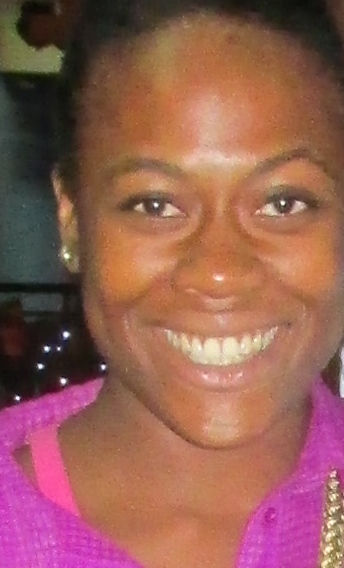 ErikanMember
ErikanMemberAfter reviewing the module content for Lesson 3, take some time to reflect back on what you learned and answer the following questions:
1) Discuss the link between formative research and community engagement for a trial. How are they alike? What are some differences between the two?
2) Has your site conducted formative research activities? How have you involved community stakeholders in formative research activities at your trial site? If not, how could you potentially involve them?
-
CreatorTopic
-
AuthorReplies
-
-
12/09/2014 at 10:36 am #2527
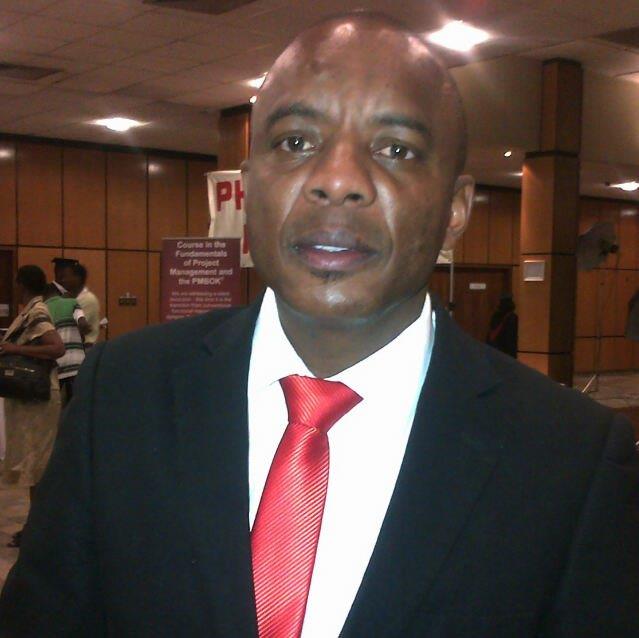 John MdluliMember
John MdluliMemberDear Siripon
In your comments you mentioned that during the conduct of formative research, Focus Group Discussions were used as a tool to assess different perceptions in you community. What I would like to find out from you is” was there a specific tool used to implement these focus group discussions? Was the information collected analysed and formed part of your formative research final report? if yes, will it be possible to share some of the information gathered with the rest of the team?
-
12/09/2014 at 10:25 am #2526
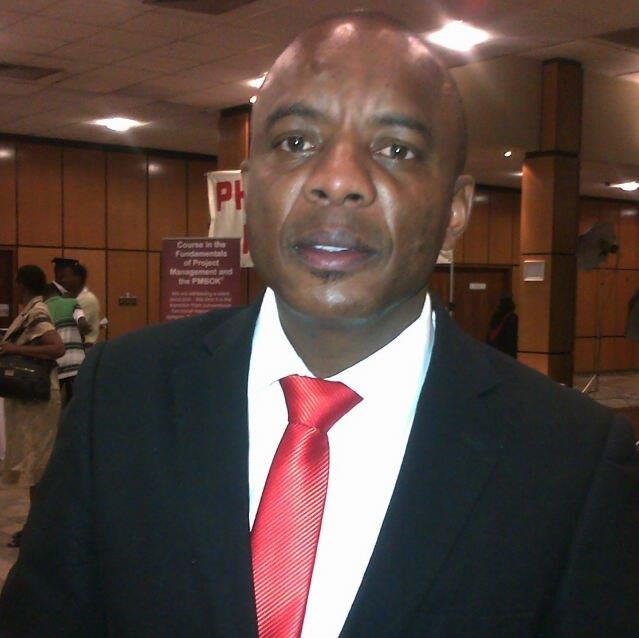 John MdluliMember
John MdluliMemberDiscuss the link between formative research and community engagement for a trial. How are they alike? What are some differences between the two?
By Formative research we refer to the activities that enable the research staff to gain a better and informed understanding of the local population, socio-cultural norms and practices, local power dynamics, local perceptions, channels of communication and decision making as well as the local history of research. Formative research also assist the research staff to understand the needs and priorities of people who are locally affected by and are able to influence the trial. Community Engagement on the other hand allows the research team especially the community engagement team to establish sustainable relationships with the community stakeholders in which the research in been implemented. The difference between formative research and community engagement is that formative research happens during the plenary stages of the trial and community engagement needs to happen during various phases of the trial’s life cycle.
Yes, Tembisa Clinical Research Site (TCRS) was involved in the formative research exercise. The exercise allowed the site to develop a community stakeholder data base, assess the community perceptions and power dynamics to mention the few. The formative research was followed by the development of the community engagement plan. A draft copy of the plan was shared with the site’s Community Advisory Board (CAB) for input and comments. All comments made by CAB were incorporated into the final copy of the Stakeholder Engagement Plan. In this way the community stakeholder’s voice was heard.
-
10/22/2014 at 8:37 pm #2144
Siriporn
MemberI agreed with Pongpun. Formative research can conduct after start study if we need to investigate about study procedure for consent process or follow up process such as identify new stakeholder. We have experience formative research to investigate about identify other key stakeholder in the Test and Treat study. It useful for help more increase recruitment rate in this study.
-
10/22/2014 at 8:28 pm #2143
Siriporn
Member1) Discuss the link between formative research and community engagement for a trial. How are they alike? What are some differences between the two?
Formative research is helping to identify key stakeholders and help researchers gain understanding of the community – key concerns, fears, belief, cultural/social practices and previous experience with research. As for the difference, I think the key difference is that community engagement is more ongoing and takes place over the course of and even after a trial ends, whereas formative research is conducted before a trial begins.
2) Has your site conducted formative research activities? How have you involved community stakeholders in formative research activities at your trial site? If not, how could you potentially involve them?
TRC-ARC conducted formative research activities by established the CAB in 2006 in accordance with the Good Participatory Practice (GPP) guidelines. These mechanisms include the TRC-ARC CAB, community forums and workshops, individual stakeholder meetings, focus group discussions, and informal continuous dialogue with stakeholders. The TRC-ARC research team, in consultation with its CAB members, identifies relevant community stakeholders for each study and related interesting services at The Thai Red Cross Anonymous Clinic. The TRC-ARC CAB have mechanism to support community participation in the HIV trial and interesting services at The Thai Red Cross Anonymous Clinic and TRC-ARC.
Yes, I have. I think that it was Formative research informally. Before trial start, we have meeting with staff and CAB for identify stakeholders. After that we have meeting with each stakeholder, GOs, NGOs and representative from MOPH, Hospitals for introduce study and interview them about how do they feel, concern and etc. We receive many important things and useful for revise strategy of staff including recruitment, clinic procedure, safety concern. -
10/22/2014 at 4:30 am #2135
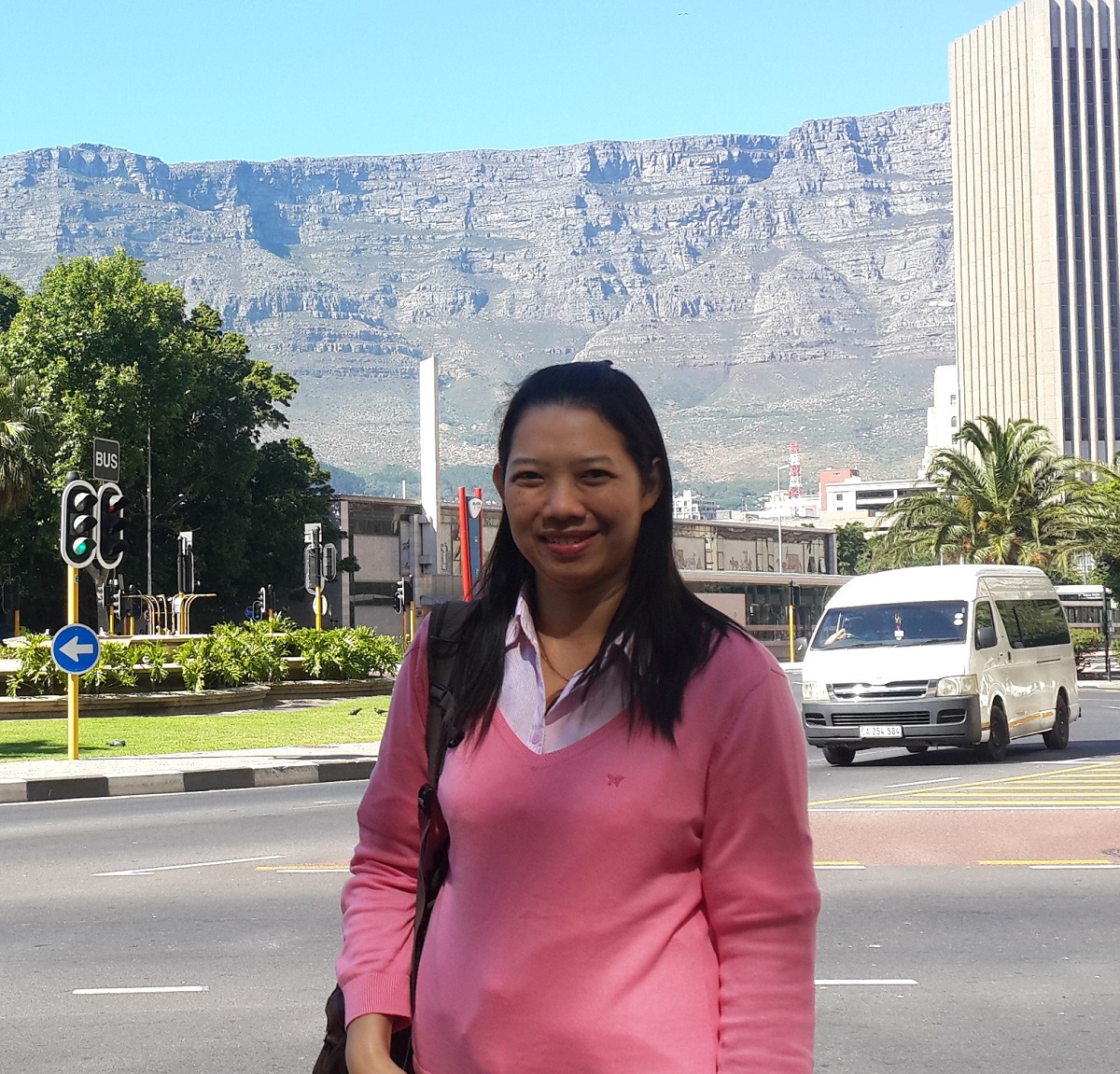 PongpunMember
PongpunMemberThanks Anne, I accept that sometime we concern only study procedure and comply protocol. We done everything perfect for study but we may forget to interest about context or response from community around site and stakeholder. I think that I have an idea for next step of my work.
-
10/20/2014 at 10:23 am #2105
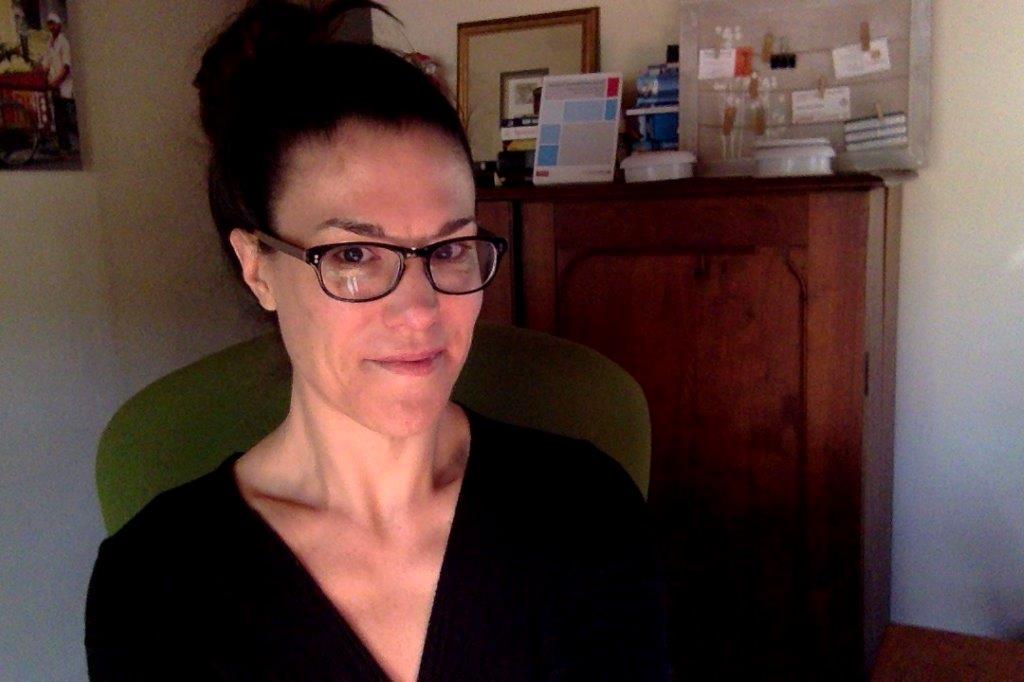 AnneMember
AnneMemberThanks, Pongpun. Yes, although formative research is typically done as an initial activity, it can be useful to do this in an ongoing way to better determine the dynamics and interests of a community.
Formative research can also be a broader and more comprehensive effort to gain familiarly with a local community. Whereas some sites may conduct formal research to better understand the local norms, priorities and culture, other sites may execute an informal scan of their environment. Regardless of the approach, conducting formative research with stakeholder input can help research teams obtain critical feedback about the trial and learn about stakeholders expectations!
-
10/18/2014 at 11:12 am #2088
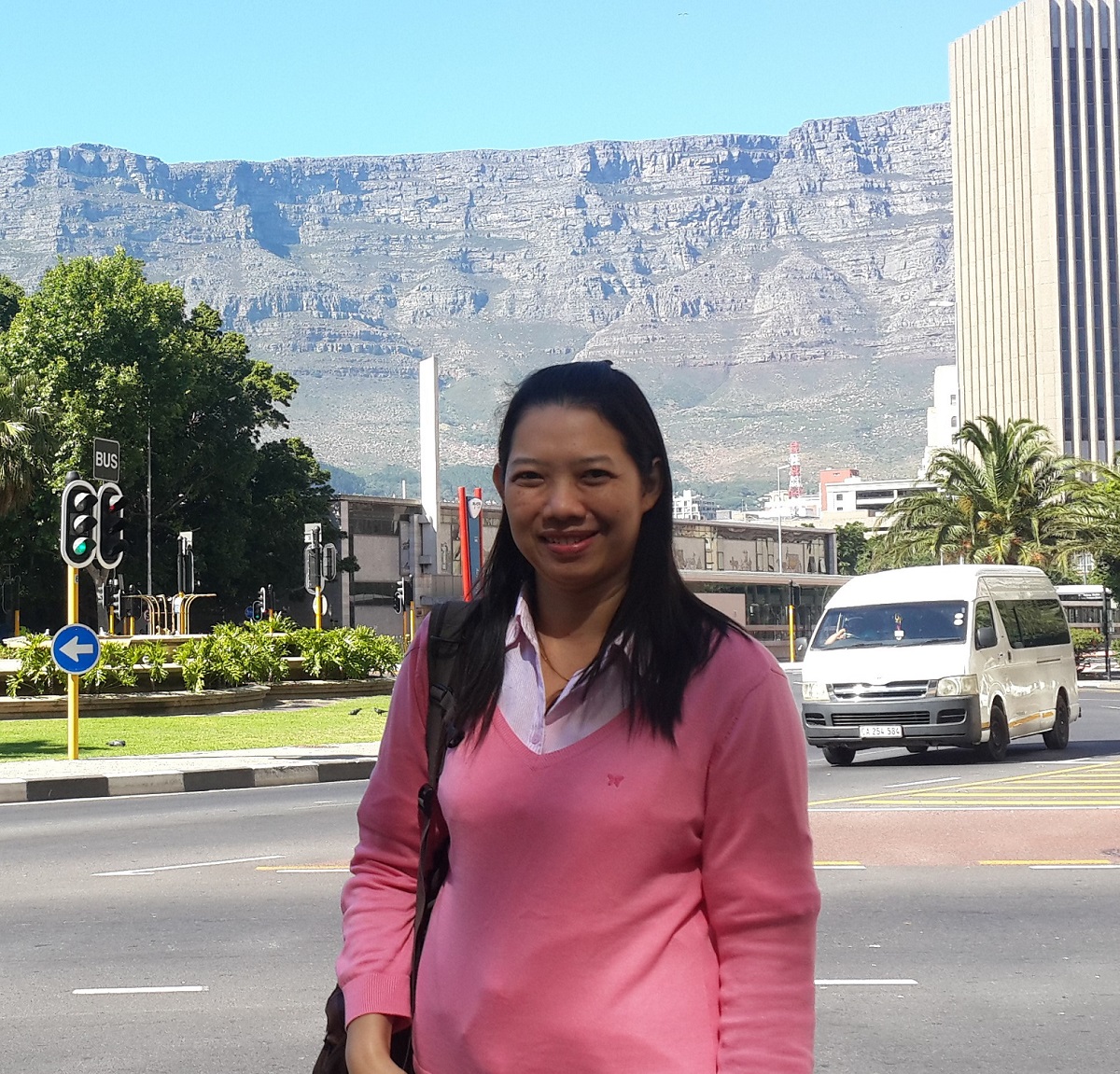 PongpunMember
PongpunMemberthank you you all for enrich comments that usefule for me to conduct in the future. I would like to share about formative reserch that I had done in the past. Formative reserch can conduct after start study if we need to investigate about study procedure. We can use for consent process or follow up process. My site has been done formative research to investigate about counseling process in PrEP trial. It useful for develope or revise some process, tool, and method which will help study success.
-
10/14/2014 at 3:05 pm #2038
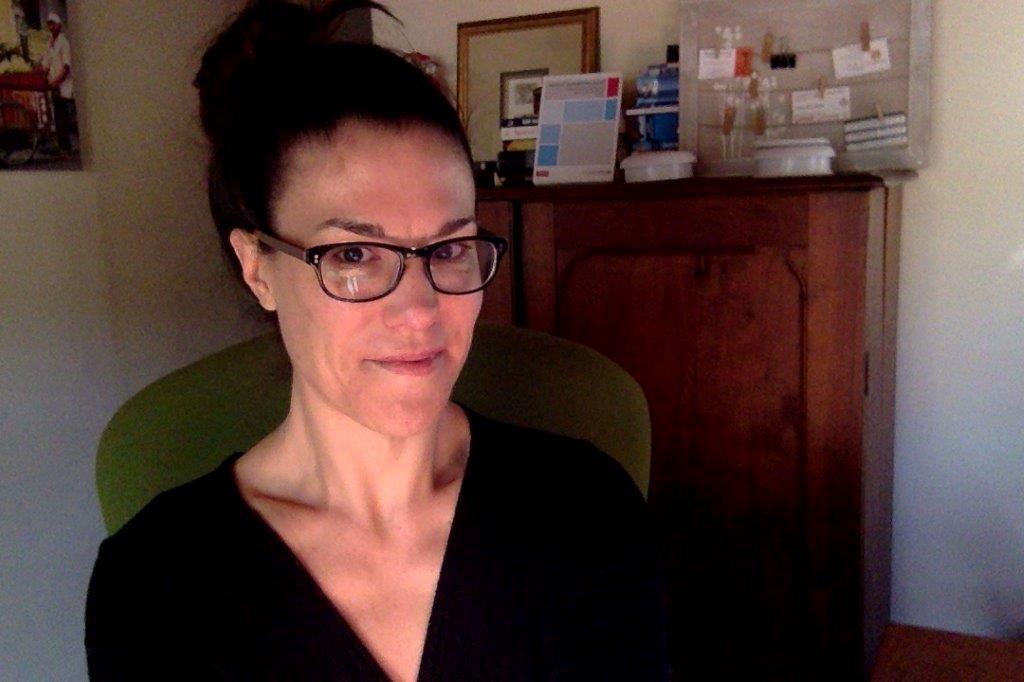 AnneMember
AnneMemberHi Mathias,
I would like to hear more about engaging stakeholders in mapping- we also cover this in Lesson 4, as a means for stakeholder identification. I also like your statement : Doing formative research is one way of recognizing stakeholders competency and integrating it with the trial.
I agree and I think engaging stakeholders in formative research can also help a research team determine their own strengths and weaknesses and reflect on the different skill sets they might need to conduct the research.
And as you can see with the Blueprint exercises, researchers can engage stakeholders to identify key questions, issues, precedents that may affect the trial or how it is perceived by the community– and of course, develop strategies for how to address these.
-
10/13/2014 at 3:37 pm #2029
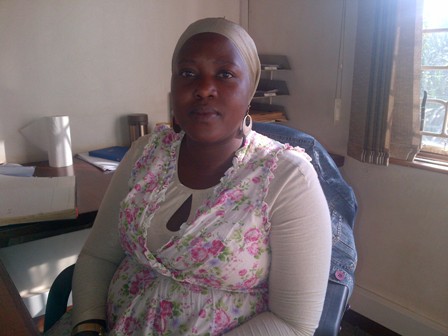 Jauhara NanyondoMember
Jauhara NanyondoMemberHi Marie, I will be very excited to look at the tools, I hope the training administrators will support us through this. It is an opportunity for some of us who feel we need more to be done in terms of stakeholder engagement to have interface to do so much to improve our engagement efforts.
Rona, all the efforts you did while developing material for the intended / target population was all formative research and it was clear stakeholder engagement efforts despite not being a research setting.
-
10/13/2014 at 6:46 am #2021
Mathias Wambuzi
MemberHi Team ,
I must start by saying thanks to all for the wonderful contributions on the topic. It is quite enriching! Allow me add this that formative research is an entry point for general community engagement. It sets the foundation for meaningful community engagement in the trial future.They both require interface with stakeholders but at varying levels of stakeholder engagement. Doing formative research is one way of recognizing stakeholders competency and integrating it with the trial.
My trial site attaches greater importance on the role of different stakeholders in the entire research process. Different stakeholders have been involved in Physical mapping and geo-spatial mapping of research communities ,identification of potential stakeholders, translation of relevant trial documents , identification of potential research communities , understanding of socio-cultural practices , community engagement planning , determining weather and fish seasonality which have a bearing on trials in fishing communities.
I look forward to looking at documents and tools! Bravo Marie.
-
10/13/2014 at 6:30 am #2014
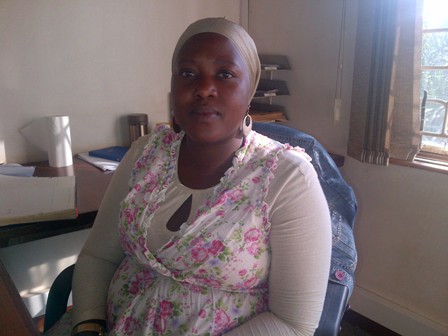 Jauhara NanyondoMember
Jauhara NanyondoMemberIn my country it requires IRB approval for formative research, and the approval process is not short to allow processes move faster. So we prefer using informal ways of doing formative research.
We have also done a rapid survey, before, the trial to assess acceptability of the planned Ebola/ Marburg trial. All these are forms of formative research.
-
10/13/2014 at 6:25 am #2012
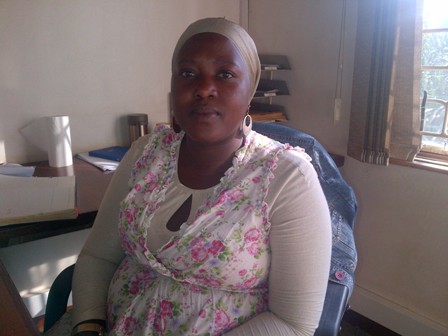 Jauhara NanyondoMember
Jauhara NanyondoMember<span style=”font-size: 12pt; line-height: normal; text-indent: -0.25in;”> Discuss the link between formative research and community engagement for a trial. How are they alike? What are some differences between the two?</span>
Both Formative Research and community engagement enable the research team to gain knowledge and better understanding of the community where they intend to conduct the research.These two provide the research team with information regarding the local population, community power dynamics, channels of communication, sociology-cultural norms of the community, and the decision making processes in the community.
Both activities can be conducted informally and formally as long as the methodology yields results.
Differences
Formative research informs the community engagement process.So information gathered during the formative research will guide the activities of the community engagement process through out the trial process.
Formative research activities are encouraged to be conducted before the implementation of the study, so that the team has clear understanding of the community where they intend to work. On the other hand, community engagement is a continuous process from before trial starts, during the trial and after trial.
<span style=”font-size: 12pt; line-height: normal; text-indent: -0.25in;”>Has your site conducted formative research activities? How have you involved community stakeholders in formative research activities at your trial site? If not, how could you potentially involve them?</span>
Yes we have conducted formative research before.
We have engaged community stakeholders in the following ways;
1. Our institution has CAB, this is our first point of reference every when we want to engage the out side community. They help us penetrate other sub sections of the community that we are required to engage.
2. For example we had research study that involved Men who have sex with men, this was a new population that we had not with before, so we decided to look for organizations in Kampala that work closely with them. We held a series of meetings with the organization heads to provide us with insightful information to feed in the planning process of our proposed research.
3. Worked with peers leaders of the target population, to try and understand the study population and device means of working well with them throughout the study duration.
4. For other studies we have involved worked closely with the local government, health workers in the community, leadership structure in the community.
We all have to always to remember that the stakeholder to engage depends on the study in the pipeline.
JAUHARA
-
10/11/2014 at 6:03 am #2004
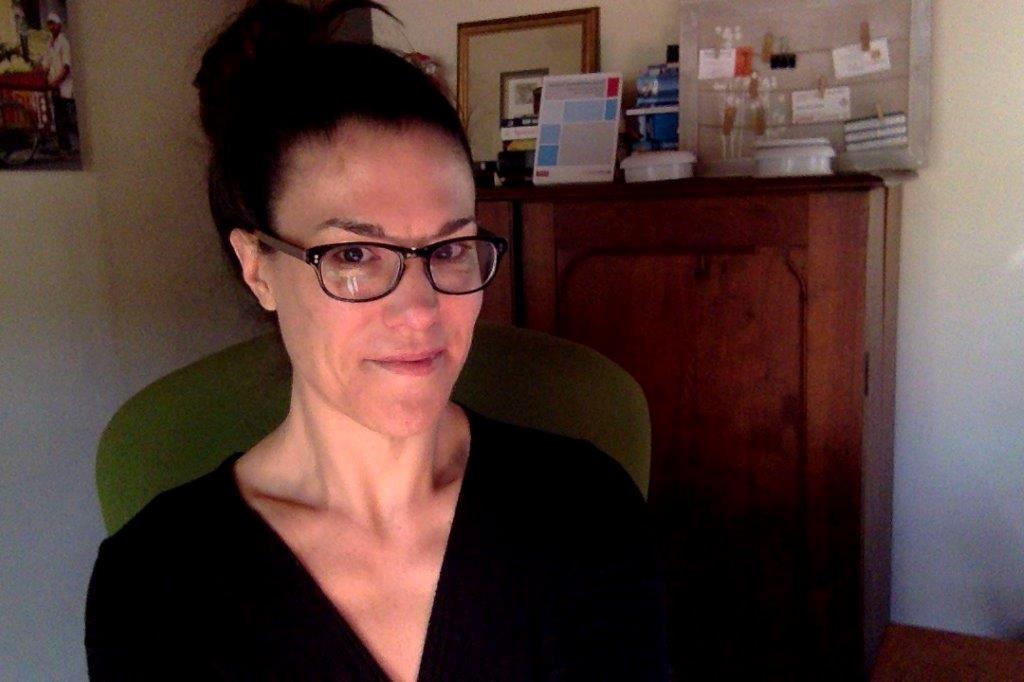 AnneMember
AnneMemberMarie Michele, you made a GREAT suggestion about sharing documents and tools. I am brainstorming with our team about different approaches, and I will follow up with everyone shortly!
-
10/11/2014 at 12:11 am #1996
 Laura PotterMember
Laura PotterMemberWith regards to the question of whether formative research participation by community stakeholders could pose risks because of visibility concerns, I definitely think this is a huge issue. In the formative research that we do at Bridge HIV, we take this into consideration and try to adapt the format of the formative research data collection in a way that will seem comfortable and appropriate to the stakeholders, such as an online interface that could be accessed in private, or certain elements of confidentiality or even anonymity if the research allows for such protective measures for individuals. We are lucky to be conducting our research at a trial site and in a city where these sorts of protective measures and tools, like the internet and certain forms of technology, allow us to provide these safer, less visible ways of participating in formative research to our community stakeholders and participants, but I would be curious to know how other study sites who do not have this ability handle similar concerns.
-
10/11/2014 at 12:06 am #1995
 Laura PotterMember
Laura PotterMember<span style=”line-height: normal; text-indent: -0.25in; font-size: 12pt;”>1) Formative research should tap into community engagement, but also inform it; in that sense, it precedes and also overlaps with engagement of the community. They are alike in that their goals are aligned: making sure the study will be the best fit for the community and the most successful it can be, for all stakeholders and researchers alike. They differ in how they are conducted, and although they can both inform each other, formative research does always start out first.</span>
<span style=”line-height: normal; text-indent: -0.25in; font-size: 12pt;”>2) Bridge HIV conducts formative research activities less frequently than perhaps we should, but often enough that I feel we are getting the information and perspectives we need to in order to best engage the community and conduct our outreach, education, recruitment, and ultimately the clinical research itself. We also conduct online surveys and in-person/phone surveys with community stakeholders to inform the development of research protocols, such as the current pre-study survey we are conducting at our site called the HOME survey, which is looking at perspectives on HIV testing within African American and Latino MSM and trans female communities. Community stakeholders are included in formative research activities such as focus groups and group interviews to understand community perceptions of HIV vaccines, clinical research processes in general, and HIV prevention as a broad concept. Community stakeholders are also included in the CAG, which regularly informs the development of these kinds of formative research projects and objectives.</span>
-
10/10/2014 at 9:05 pm #1994
 Marie MicheleMember
Marie MicheleMemberDear all,
I have a question. We are sharing interesting experiences, but we do not have really time or room of details, I was wondering how we could also share some tools we might have, like documentaries, pictures or video; it would be more interesting when we say how we engage our stakeholders, then you also show it by tools mentioned above.
I would like to share with you all some documentary that really shows how stakeholders are engaged. And I am sure my fellow colleagues might have the same things, it would be great if we have the opportunity of sharing those kind of tools.
Anne, do you have an idea on how we would share those kind of tools? Thank you
-
10/10/2014 at 8:48 pm #1993
 Marie MicheleMember
Marie MicheleMemberHi all
1. Discuss the link between formative research and community engagement for a trial. How are they alike? What are some differences between the two?According to the GPP guidline, Formative research activities enable research teams to obtain an informed understanding of local populations, socio-cultural norms and practice local perceptions, chanel of communication and decision making. So, that is where slitely differ from the community engagement. The formative research would be involved before the study to enable research team to get an efficient community engagement; it would be done formally or informally. The best way to do the clinical research you have to know well your community in general. Your community includes, potential participants, potential stakeholders including those who make decisions etc. To achieve this, formative research activities should be conducted. The link or similarity is that, both have to work in collaboration as they work for the community/society, they know each other well, so that why research team has to seek their experiences before to start the study for a better guidance and a better start.
I would say yes, my site has conducted formative research activities. Even though it seems that research center work closely with the community engagement from the begnning to the end of study, formative research maybe needed as our sociaty is not static it is dynamic, some changes might seek for formative research at any time before, during, and after study, it is depend on the situation.
2. Has your site conducted formative research activities? How have you involved community stakeholders in formative research activities at your trial site? If not, how could you potentially involve them?
Before we start the study, we first ( I do not know if we could call it formative or informative formative research) but we first selected 15 institutions/organizations, in collaboration with Ministry of Health which is our line Ministry, because we are doing clinical research. From those 15 we selected 6 considering what we needed from them. So to engage them, we provided them knowledge and skills on HIV prevention trough trainings, meeting every month, share documents that would help them to understand clinical research. We also engaged our different stakeholders from grassroots administration to the higher level, to help and facilitate research team to also grow in research smoothly, like I mentioned from beginning, Rwanda still needs to be more familiar with clinical research, the good news is that they are willing to support and also to learn, that why they are supportive and welcome any additional knowledge about HIV prevention.
-
10/10/2014 at 12:23 pm #1984
Patchara
Member1) Discuss the link between formative research and community engagement for a trial. How are they alike? What are some differences between the two?
For my idea, I think Community engagement is ongoing process of working collaboratively with community stakeholders. We have to work for all phase of trial. It can be inform, consult, collaboration, etc. Formative research activities is a process to finding the answers/understanding we need prior the project. However we have to apply 6 principles of GPP for both of them.
2) Has your site conducted formative research activities? How have you involved community stakeholders in formative research activities at your trial site? If not, how could you potentially involve them?
I did not involve in formative research activities. I involved in my study in 2009 after the study have conducted for a few months. However I knew from my colleagues that they had meeting with stakeholders to inform, consult and learn from them. They asked stakeholders about appropriate site study, language we used in Informed consent process, TOU, questionnaire, office time and compensation. The meeting was set up several times with different stakeholders. And also all of staff has to train sensitivity training to understand target population. We invited some of them to teach the staff. I attended the sensitivity training also.
The community engagement cannot stop. We are working on it right now because I think socio-cultural is dynamic. It can change anytime. If we will conduct new trial but in the same group, same place, we cannot avoid to have Formative Research Activities.
-
10/10/2014 at 4:24 am #1980
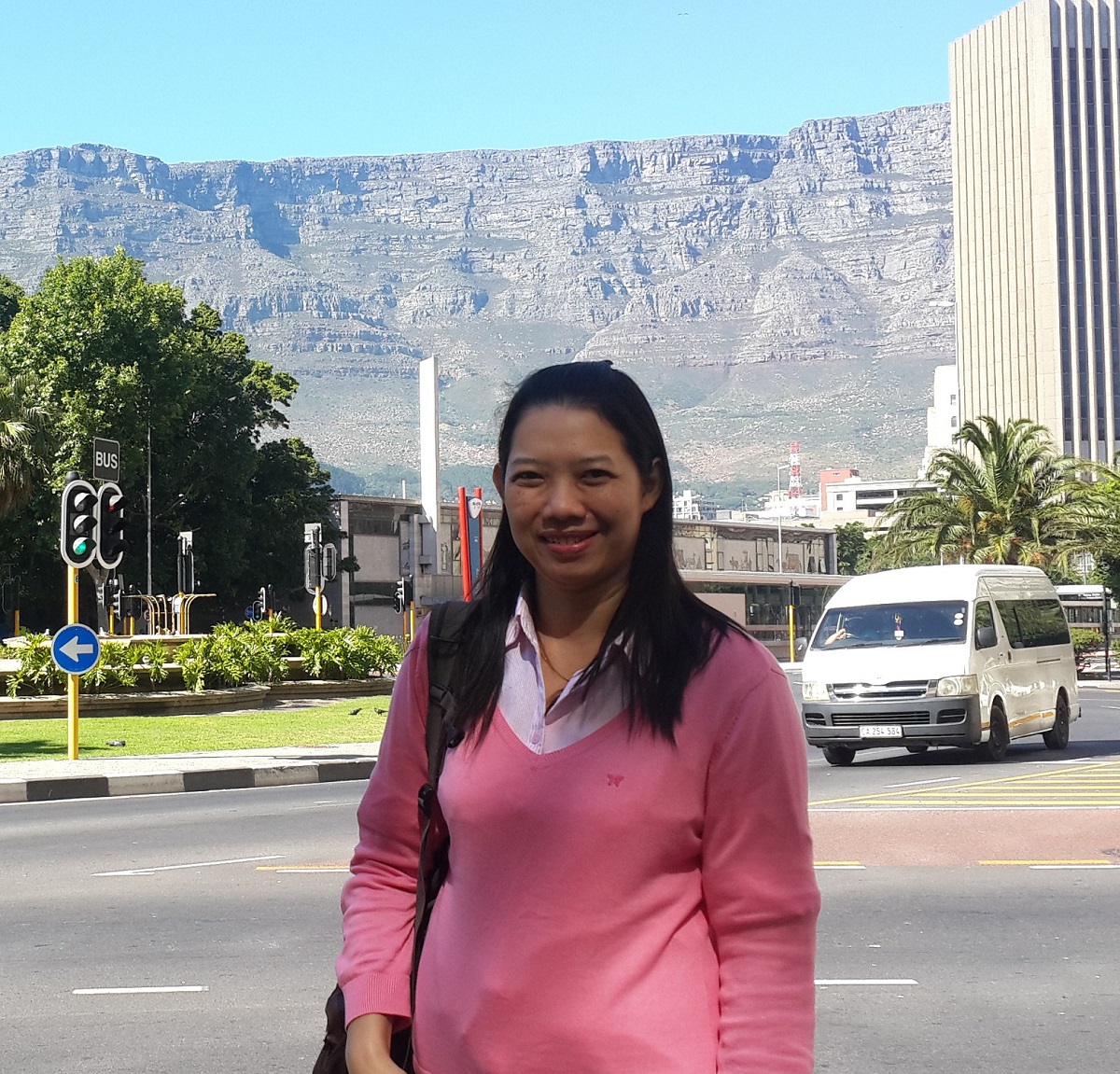 PongpunMember
PongpunMember1) Discuss the link between formative research and community engagement for a trial. How are they alike? What are some differences between the two?
They are difference because formative research use for survey/research fundamental information, concern, comment and opinion from community. While community engagement is accessing to community which is action or activities to community. Link between them is formative research should be done prior community engagement. I think that formative research useful for conduct information and guide for community engagement. It would be helpful for engagement if we known opinion, viewing or concern from formative research.2) Has your site conducted formative research activities? How have you involved community stakeholders in formative research activities at your trial site? If not, how could you potentially involve them?
Yes, I have. I think that it was Formative research informally. Before trial start, we have meeting with staff and CAB for identify stakeholders. After that we have meeting with each stakeholder, GOs, NGOs and representative of student in university for introduce study and interview them about how do they feel for this study? What are concern from them if start trial?. We receive many important things and useful for revise strategy of staff including recruitment, clinic procedure, safety concern. -
10/09/2014 at 8:04 pm #1979
 RonaMember
RonaMemberThat’s a really good point Cathy.. I don’t think the ethics community is usually in my thoughts when I consider stakeholders but will now be much more so!
-
10/09/2014 at 12:46 pm #1972
Cathy Slack
MemberHi everyone, our group is not based at a trial site, but we prior to conducting some of our social science research we have identified who might be impacted and reached out to identify risks of our studies, identify how findings might be maximally taken up, identify how best to approach people to take part, and then later to discuss preliminary findings, and collaboratively explore the possible impact. A key stakeholder that might be forgotten is the ethics community in the form of ‘reviewers of studies’, and it has helped us to think of the relationship and correspondence with and updates to ethics committees as a form of engagement….
-
10/08/2014 at 9:01 am #1969
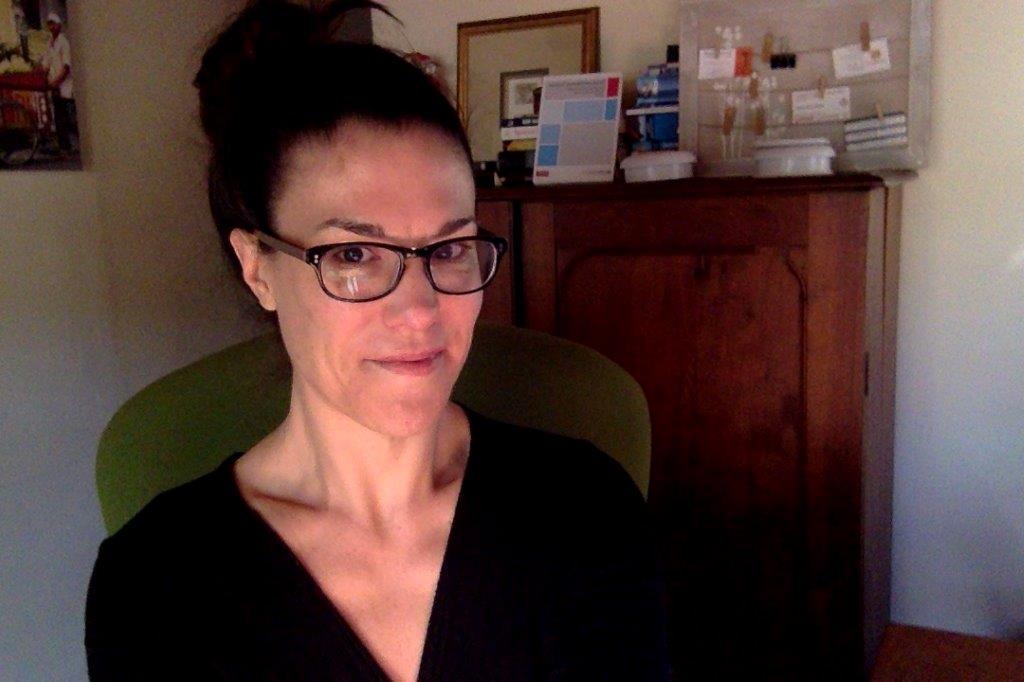 AnneMember
AnneMemberThanks, Rona!
Too often, our engagement of stakeholders is limited to recruitment. But GPP offers a framework for engaging stakeholders and using their knowledge and expertise throughout the research process–starting with the design and conduct of formative research activities!
Now I am anxious to hear from others, especially those implementers working with very marginalized populations. Here is some food for thought: What if your community stakeholders are not familiar with formative research design? How do you make roles and responsibilities clear? Do you engage these stakeholders in the validation and dissemination of formative research findings? What if increased visibility brings risks? How do manage that?
-
10/07/2014 at 6:57 pm #1958
 RonaMember
RonaMemberDiscuss the link between formative research and community engagement for a trial. How are they alike? What are some differences between the two?
Formative research can set the foundation for ongoing community engagement by helping to identify key stakeholders and help researchers gain a better understanding of the community – key concerns, fears, belief, cultural/social practices and previous experience with research. All of this information will help lead to more effective/respectful engagement throughout the trial. It also provides an opportunity for researchers to share information about the planned research, which again sets the stage for information exchange and open dialog. As for the difference, I would think the key difference is that community engagement is more ongoing and takes place over the course of and even after a trial ends, whereas formative research is conducted before a trial begins.Has your site conducted formative research activities? How have you involved community stakeholders in formative research activities at your trial site? If not, how could you potentially involve them?
Not being at a site, makes this difficult for me to answer. I was integrally involved with the Be the Generation Bridge (BTG) project, and through that project we conducted formative research. The goal of that project was to increase awareness, knowledge and support for biomedical prevention research and although it was not specifically trial related, I think there are some similarities. Our goal was to develop materials and messages around biomedical prevention research for use on community in the US highly affected by HIV/AIDS. We conducted formative research before undertaking any message/materials development by identifying and interviewing “Key Influencers” from these communities. The purpose was to gain an understanding of what types of materials that would be most useful in these communities, namely African American, Latino and MSM, and to try to determine the extent of existing awareness/knowledge of HIV prevention research to guide messaging. This research help guide the development of messages and materials and once they were drafted additional formative research (focus groups with the priority populations, and in depth interviews with health care providers in select cities) was conducted to obtain feedback on the message platform, and the draft materials developed with those messages. This informed both content and design and how they could be used.
-
-
AuthorReplies
- The forum ‘GPP Discussion Forum’ is closed to new topics and replies.


